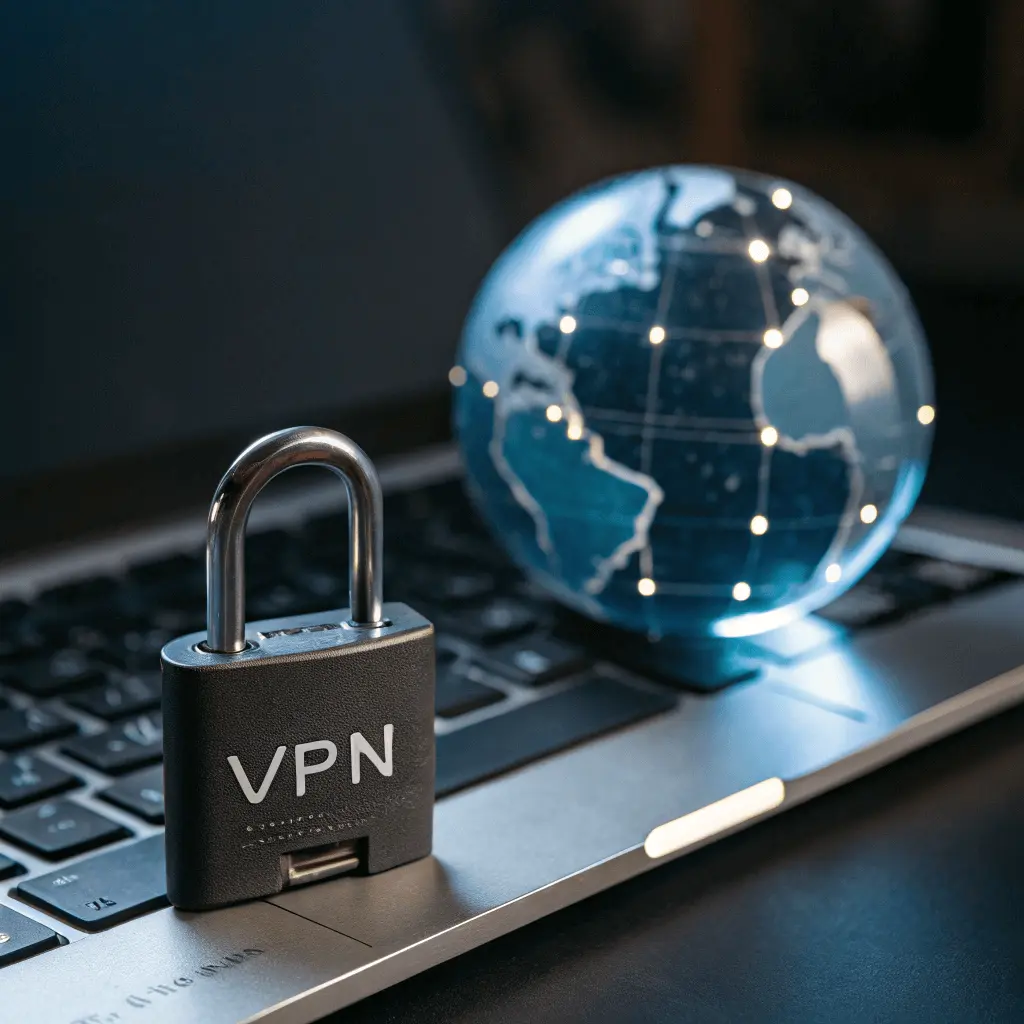Privacy is now a big component of the computer experience because of powerful gear and an internet that is constantly on. More individuals, from gamers to those who build their own PCs, now understand that keeping their digital life safe is important for making their systems run better. A powerful graphics card and a CPU that is cooled by water could win benchmarks, but your online footprint is still at risk if you don’t have digital protection.
A free VPN, which stands for “virtual private network,” is one of the most useful tools in this area. It encrypts your internet traffic without you having to pay anything up front. A free VPN is a great way for hardware fans who want to try out technologies before completely committing to digital security. These applications enable you keep your online activities safe, test out services that are only available in some places, and experience how traffic changes in the real world. You can keep your mobile devices safe and yet be able to move them around with many of these VPNs because they come with easy-to-use applications for Android and iOS.
So, how can a VPN operate with high-performance computers and gear that you build yourself? First off, network performance. When you’ve invested in a premium router, gigabit fiber, or a mesh network to reduce latency and packet loss, you want full control over how your data travels. VPNs let you choose how to route your traffic. This helps mask your traffic patterns. It can also reduce throttling from ISPs. Plus, VPNs may stabilize shaky international connections, which is great for cloud services and gaming on foreign servers.
Beyond speed, privacy is increasingly important for users managing NAS devices, personal servers, or remote desktops. VPNs build a secure tunnel to your systems when you’re away from your network. This helps you safely access private files or development environments without letting the public internet in. If you’re making smart home systems or operating a media server like Plex or Jellyfin, this is quite helpful. A VPN adds a secure layer to your hardware stack without the need for additional equipment.
Gamers also get something out of VPN integration. Of course you don’t want to have to wait longer, but based on how your ISP handles traffic shaping, it might be worth it. Some users say that using a VPN lowers their jitter and delay spikes, especially when a lot of other people are also using it. Some people use VPNs to join international dating pools or to get early access to stuff that is only available in certain areas.
VPNs are even being used in test environments. Developers often use virtual machines. They do this to mimic connections from different countries or to limit internet access for sandboxed apps. For example, if you’re testing firewall settings, adblock effectiveness, or software licensing tied to IP regions, a VPN becomes a reliable tool in your testing kit.
One of the best things about modern VPN technology is that it can be utilized in a lot of various ways. Windows, Linux, and macOS are just some of the operating systems that WireGuard and OpenVPN work with. Some routers even enable you connect to a VPN at the network level. This secures all of your devices without having any extra software. When people with mobile devices connect to Wi-Fi that isn’t secure, their VPNs may turn on by themselves. This is helpful for folks who look at dashboards on their phones or tablets while traveling or watch servers.
In the end, utilizing a VPN at work isn’t so much about being worried as it is about having control. Just as you monitor thermals and voltages, you can monitor where your data goes. It’s another form of optimization—less visible than RGB lighting, but far more impactful in the long run.

